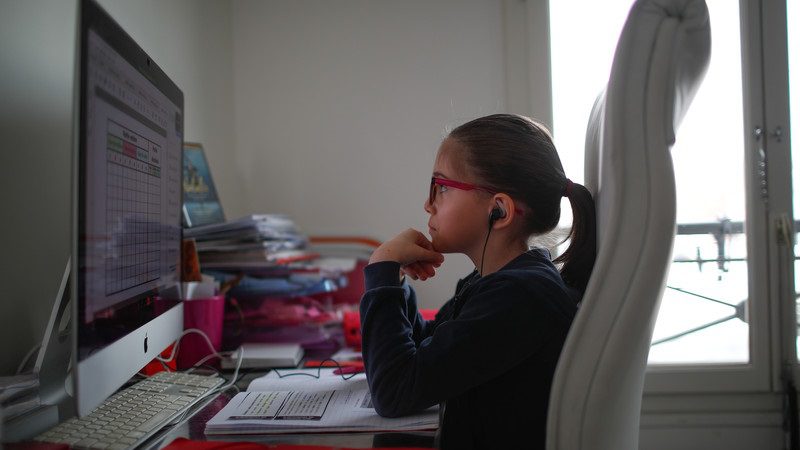The COVID-19 pandemic thrust online learning into the spotlight, forcing educational institutions to pivot from traditional classrooms to virtual worlds. While many initially saw this as a temporary measure, the question now arises: is online learning merely a pandemic-driven adaptation, or does it represent the future of education?
The Allure of Online Learning:
Online learning offers several advantages over traditional methods, making it an attractive option for students and educators. Here are some key benefits:
Flexibility: Online learning provides unmatched flexibility. Students can learn at their own pace, time, and location, eliminating logistical barriers and catering to diverse learning styles. This empowers individuals to pursue education alongside work or personal commitments.
Accessibility: Online platforms can break down geographical barriers, granting access to specialized programs and renowned educators beyond immediate proximity. This opens doors for students in remote areas or with limited resources.
Scalability: Online courses can accommodate many students without requiring additional physical infrastructure. This allows for broader dissemination of knowledge and facilitates collaboration across borders.
Personalized Learning: Online platforms can leverage technology to personalize the learning experience. Adaptive learning tools can adjust difficulty levels based on individual needs, and interactive elements can cater to different learning styles.
Cost-Effectiveness: Online learning can be more cost-effective than traditional models. Reduced infrastructure costs, flexible resource allocation, and broader reach can contribute to lower overall expenditures.

Challenges and Concerns:
While these advantages are undeniable, online learning also presents challenges:
Digital Divide: Lack of access to technology and reliable internet connectivity can exacerbate inequalities and exclude specific populations from online learning opportunities.
Social Interaction and Engagement: The physical separation in online learning can impact social interaction, peer-to-peer learning, and the development of interpersonal skills.
Motivation and Self-Discipline: Online learning requires high self-motivation and self-discipline. Students need to manage their time effectively and stay focused without the immediate presence of an instructor.
Assessment and Evaluation: Ensuring fair and reliable assessment in online environments can be complex, requiring innovative evaluation methods to maintain academic integrity.
Teacher Training and Support: Educators need practical training and support to navigate online platforms, utilize technology effectively, and foster engaging learning experiences in a virtual setting.
The Future of Education: A Blended Approach?
Instead of viewing online and traditional learning as alternatives, many experts advocate for a blended approach that leverages the strengths of both methods. This hybrid model could involve:
Flipped classrooms: Students access pre-recorded lectures online, allowing classroom time for interactive activities, discussions, and personalized support.
Online modules for specific subjects: Complex or specialized topics can be delivered effectively through online modules, freeing up classroom time for broader discussions and skill development.
Virtual labs and simulations: Online platforms can offer immersive learning experiences in subjects like science, engineering, and even social sciences, overcoming the limitations of physical resources.
Collaborative online projects: Group projects can be conducted across geographical boundaries, fostering teamwork and intercultural communication skills.
Conclusion:
Online learning is unlikely to completely replace traditional classroom education. However, it can potentially revolutionize the educational landscape by offering flexibility, accessibility, and personalized learning experiences. By addressing the challenges and adopting a blended approach that seamlessly integrates online and offline elements, we can create a future of education system that caters to the diverse needs of learners and educators alike. This evolution requires collaboration, investment in technology and infrastructure, and ongoing research to ensure inclusive and effective learning for all.